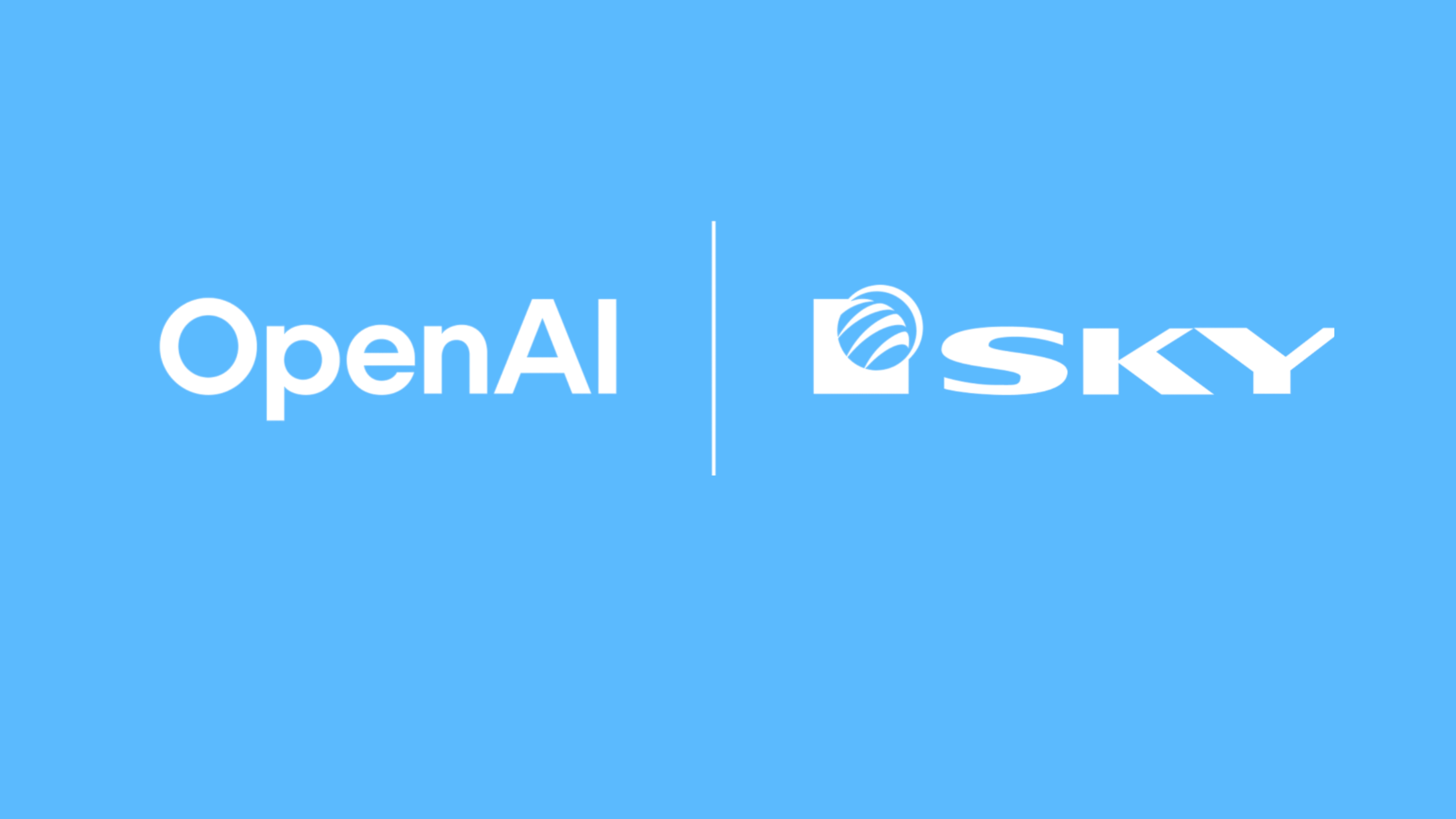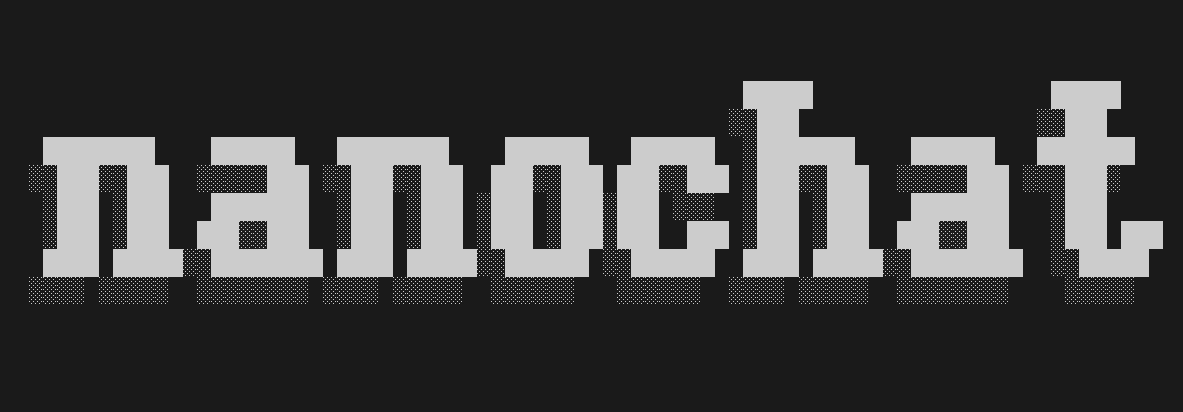AI has become one of the dominant forces in global markets, with AI-linked firms now making up around 44% of the S&P 500’s market capitalisation. Their soaring valuations have pushed US stock indices near levels last seen in the dot com bubble.
While optimism remains high, the future is uncertain. AI’s infrastructure demands are immense, with estimates suggesting that trillions of dollars will be needed to build and power new data centres by 2030.
Much of this investment is expected to be financed through debt, increasing exposure to potential market shocks. Analysts warn that any slowdown in AI progress or monetisation could trigger sharp corrections in AI-related asset prices.
The Bank of England has noted that financial stability risks could rise if AI infrastructure expansion continues at its current pace. Banks and private credit funds may face growing exposure to highly leveraged sectors, while power and commodity markets could also come under strain from surging AI energy needs.
Although AI remains a powerful growth driver for the US economy, its rapid expansion is creating new systemic vulnerabilities. Policymakers and financial institutions are urged to monitor the sector closely as the next phase of AI-driven growth unfolds.
Would you like to learn more about AI, tech and digital diplomacy? If so, ask our Diplo chatbot!










